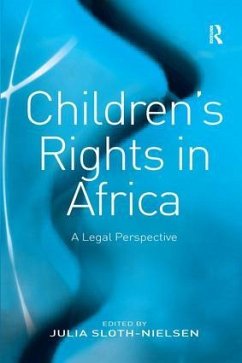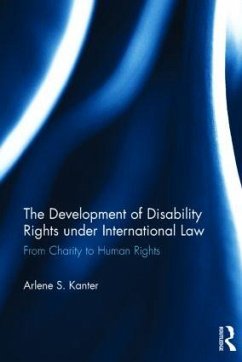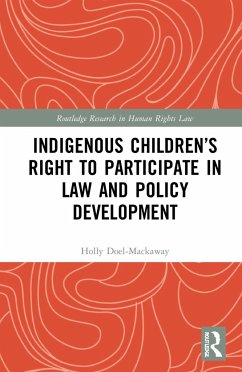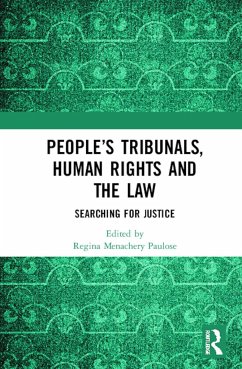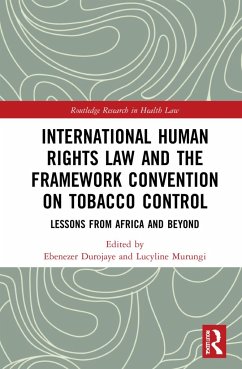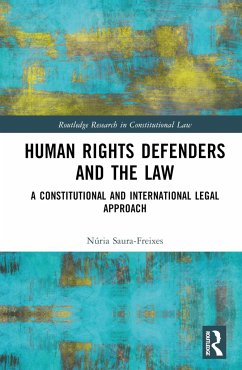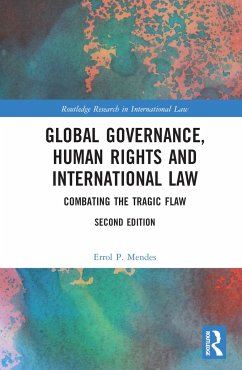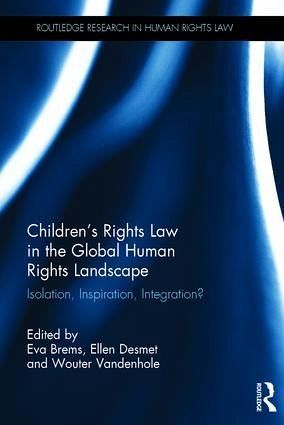
Children's Rights Law in the Global Human Rights Landscape
Isolation, inspiration, integration?
Herausgeber: Brems, Eva; Vandenhole, Wouter; Desmet, Ellen
Versandkostenfrei!
Versandfertig in 1-2 Wochen
168,99 €
inkl. MwSt.
Weitere Ausgaben:

PAYBACK Punkte
84 °P sammeln!
Children's rights law is often perceived in isolation from the broader field of human rights law. This volume explores to the links between children's rights law and more general human rights law in order to see whether elements from each could successfully inform the other. The book questions whether distinctive features of children's rights law could be a source of inspiration for general human rights law and conversely if children's rights law could draw from developments in other branches of human rights law focusing on specific categories of rights holders. The book also studies the inter...
Children's rights law is often perceived in isolation from the broader field of human rights law. This volume explores to the links between children's rights law and more general human rights law in order to see whether elements from each could successfully inform the other. The book questions whether distinctive features of children's rights law could be a source of inspiration for general human rights law and conversely if children's rights law could draw from developments in other branches of human rights law focusing on specific categories of rights holders. The book also studies the interplay between children's rights law and human rights law in the context of specific topics.





